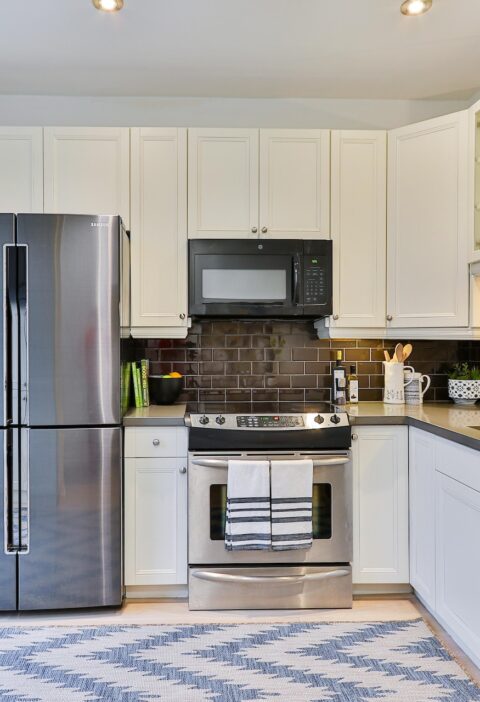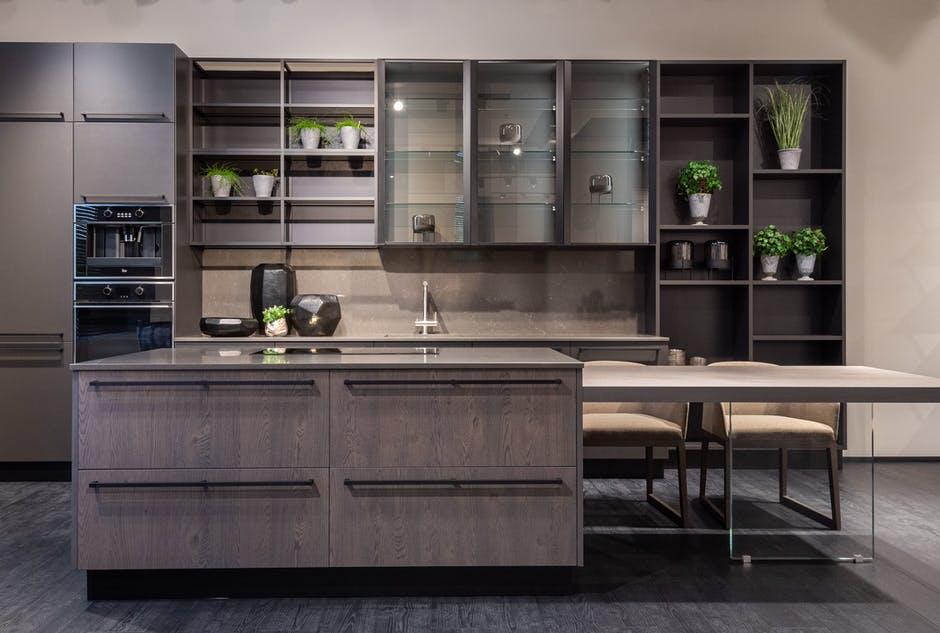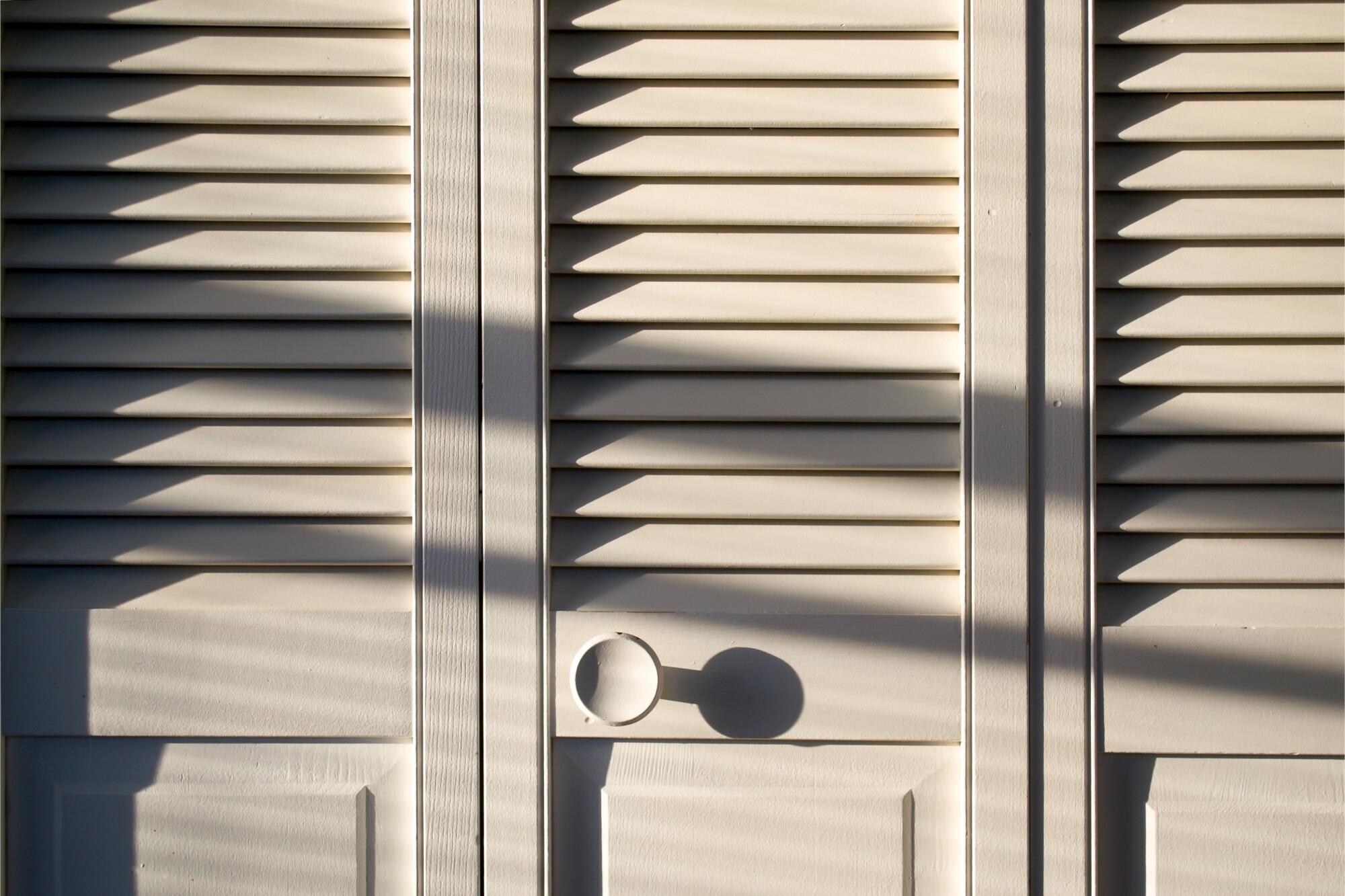Moving can be stressful for a variety of reasons, one of which is that it can be costly if not properly planned. A local move can cost between $300 and $1,500 on average, depending on the size of the move. Long-distance moves can range in price from $2,500 to $5,000, depending on the size and distance of the move. When developing a moving budget, there are numerous factors to consider when calculating the final cost.
Creating a moving budget is the most effective way to manage your finances as you plan your move. Here’s what you should know.
Working with Professionals
Working with the best real estate agency isn’t the only professional you should hire during your house hunting and moving process. While it may appear to be more expensive at first, working with moving professionals when the time comes to move can save money and time in the long run. Because most movers bill by the hour, you may recognize areas where you can save both time and cash by doing some of the work yourself ahead of time, such as storage, packing, and furniture preparation.
Take Inventory
Determine what you’re moving before you start calling or searching for the best moving companies. Make a list of everything you bring to your new home. Begin with oversized items in your home, such as furniture, bedding, and specialty items like large tables, entertainment systems, bookshelves, and so on.
Then, trickle down to clothing, lamps, and other smaller items. Make your way through the house, room by room, to ensure you don’t miss anything.
Transportation
Whether you’re moving down the street, or across the country, including transportation costs in your moving budget is critical for estimating the total cost of moving. Include items such as car shipping, fuel, and maintenance fees under transportation.
Storage
If you are in need of storage space during your move, get estimates from various storage companies like Boombox Storage. If you haven’t decided on a storage facility yet, go with the highest price in your budget. You’ll also need to factor in transportation costs to and from the storage facility.
Lodging
It’s important to consider accommodation costs when planning a long-distance move or if you plan to live in temporary housing before your new home is finalized. Include these costs in your budget, along with child or pet care, meals, and other related expenses.
Moving Solo Doesn’t Always Save
Moving without the aid of a moving company might seem like a good way to save money, but it’s not free. To determine if this option is viable, create a moving budget that includes the possibility of you doing all of the work rather than working with professionals. Keep in mind that this budget does not account for the time you will spend preparing for your move-out day.
If you’re moving on your own, you’ll need to budget for transportation such as truck rentals, moving insurance, renting equipment such as ramps and dollies, and any packing materials such as boxes, protective sleeves, and tape.
Costs Not Included
Other expenses aside from the moving truck and moving items from one house to another must be considered. There’s a lot to consider with a move!
Professional cleaning services, for example, for your old house. What is the actual cost of moving during the week versus the weekend if you are taking time off work to move and will not be compensated on those days? Consider every possible cost associated with this move.







